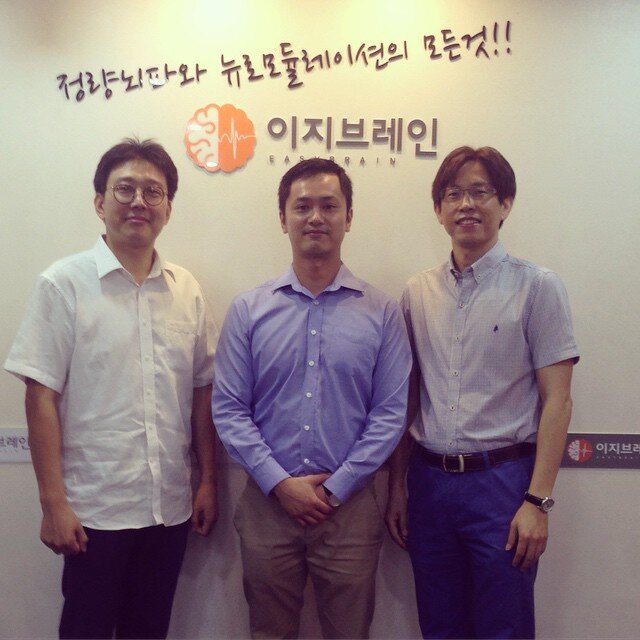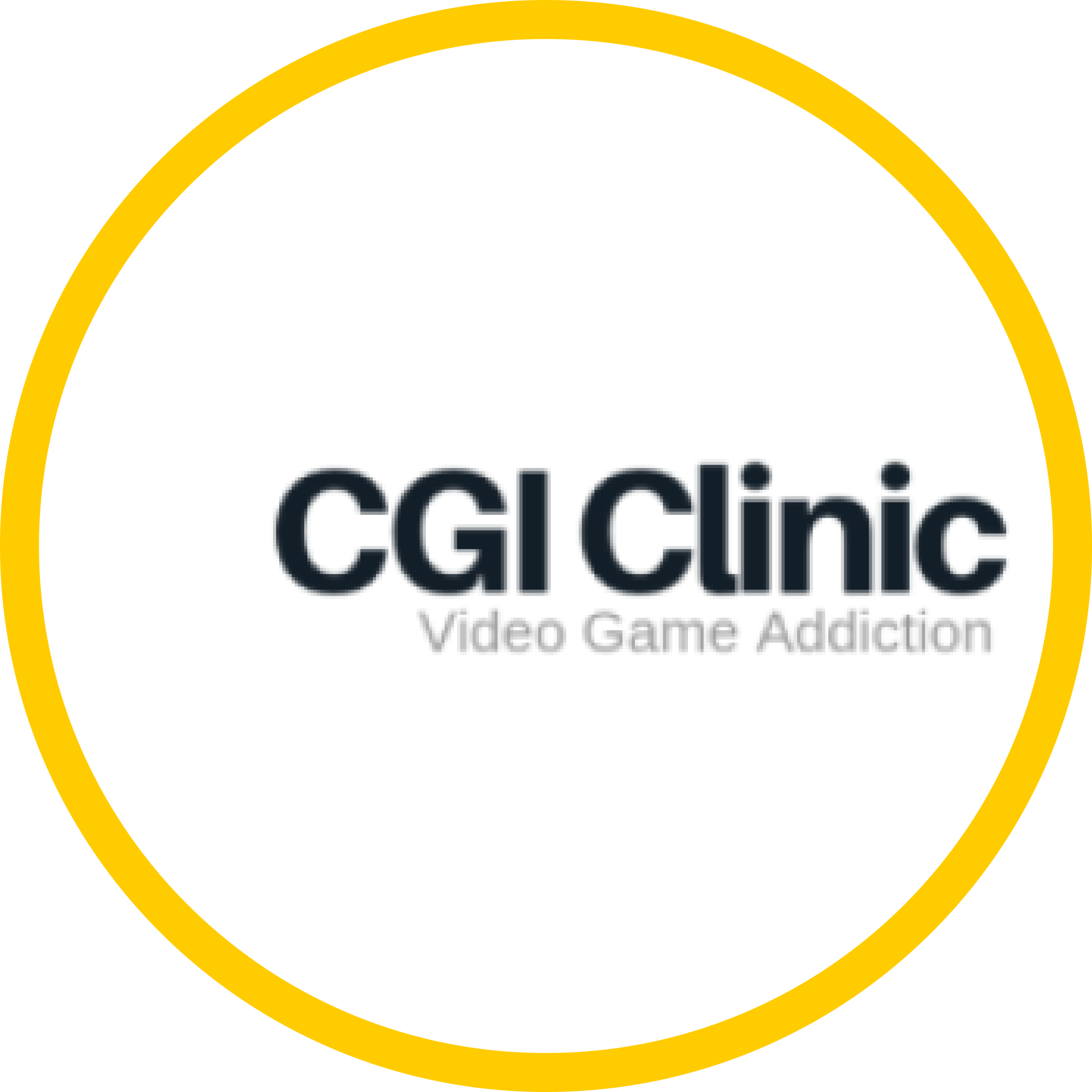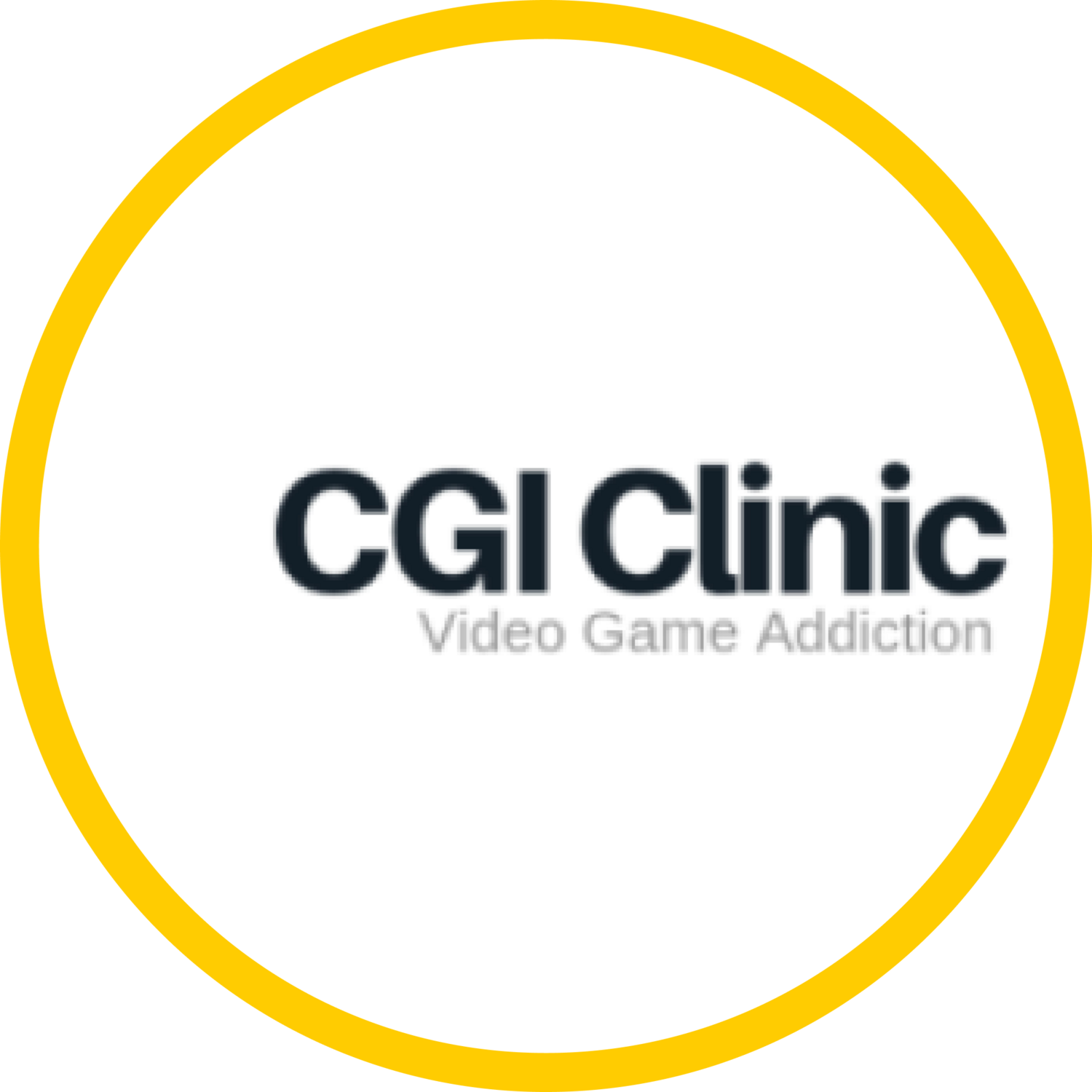
Dr Le
Articles
On our recent research trip*, CGI Clinic was lucky enough to be invited to meet Dr Jaewon Lee and Dr Sam-Wook Choi at Easy Brain Center in Gangnam, Seoul, South Korea. Western journalism has always been fascinated by South Korea's reputation as the Internet gaming hub of the world. From eSports to gaming-related deaths and pioneering research, Korean gaming culture seems foreign to the outside world.
Whenever the West want to interview Internet Addiction researchers from Korea they interview Dr Lee for his insight. You can watch his interviews on BBC News here and on the VICE eSports documentary below.
As an Internet Gaming clinician and researcher, I was skeptical and conservative with my appraisal of Internet "Addiction". However, seeing really is believing. As clinicians, we see the most severe cases. It is easy to forget that not all children playing Internet games will be affected, but once you witness the powerful influence of games on patients you cannot ignore the side effects.
Korea, quite possibly has the most severe cases. Due to the impact on the community, the South Korean Government is serious about treating the effects of Internet Addiction and is funding pioneering scientific research. CGI Clinic was fortunate enough to discuss with Dr Lee (psychiatrist and neuropsychiatrist) and his team's pioneering work with qEEG (quantitative Electroencephalography), trans-cranial Direct Current Stimulation (tDCS) and Trans-cranial Magnetic Stimulation (TMS).
It was then very exciting for me, watching the documentaries and reading the studies to find myself sitting in a chair being given tDCS treatment by Dr Lee.
Last year, Dr Lee published an article on the EEG differences between Internet Addiction with and without co-morbid depression (Lee, 2014). There are known links between excessive gaming and depression (Gentile, 2011), however, this EEG research may be the first evidence that Internet Addiction with depression is a unique subtype or possibly a separate condition from Internet Addiction alone.
This paper also showed that EEGs may be a useful neurobiological marker/investigation for Internet Addiction. Finally, this research has treatment implications and is further proof that clinicians must individualise treatment for the individual.
CGI Clinic would like to thank Dr Lee and the Easy Brain Center. We will be sure to keep up to date with your research and hope we can visit South Korea again soon. *CGI Clinic's research trip was self-funded.
Sources:
Lee, J., Hwang, J. Y., Park, S. M., Jung, H. Y., Choi, S. W., Lee, J. Y., & Choi, J. S. (2014).
Differential resting-state EEG patterns associated with comorbid depression in Internet addiction. Progress in Neuro-Psychopharmacology and Biological Psychiatry, 50, 21-26. Gentile, D. A., Choo, H., Liau, A., Sim, T., Li, D., Fung, D., & Khoo, A. (2011).
Pathological video game use among youths: a two-year longitudinal study. Pediatrics, 127(2), e319-e329.




